Posted on 1/30/2026
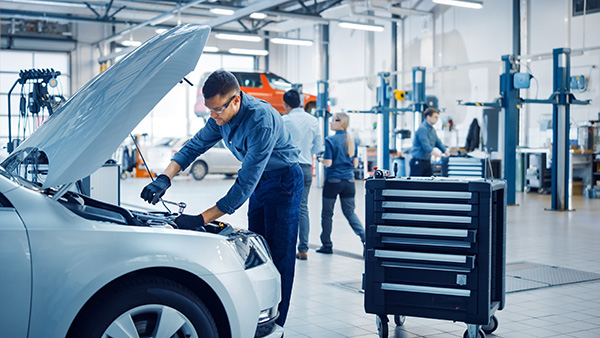
Short trips feel harmless. You start the car, drive a few minutes, park, and do it again later. No long highway pulls, no heavy towing, nothing that seems tough on the vehicle. But engines are built around heat cycles, and short trips create a pattern where the engine rarely reaches its ideal operating conditions. Over time, that can show up as extra wear, more deposits, and maintenance problems that seem to come out of nowhere. If most of your driving is around town, it helps to know what is happening inside the engine during those quick runs. Why Engines Need Time To Warm Up Properly When an engine is cold, oil is thicker and does not flow as quickly through tight passages. Modern oils are far better than they used to be, but cold starts are still one of the highest-wear moments for any engine. The engine computer also runs a richer fuel mixture while the engine warms, because fuel does not atomize as well in a cold intake and combustion chamber. A longer drive g ... read more
Posted on 12/19/2025
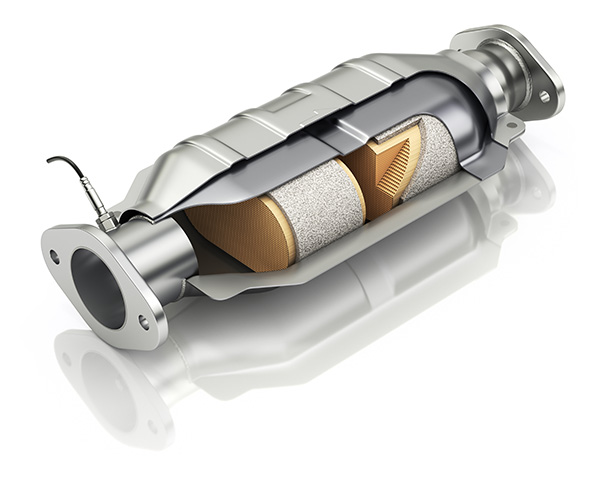
A rotten egg smell coming from your car is hard to ignore, and for good reason. That sharp sulfur odor usually hints at a problem with fuel, exhaust, or even the battery, not something that will clear up on its own. It may show up only after a long drive at first, then start appearing sooner and stronger until it follows you everywhere. What That Rotten Egg Smell Usually Means Most of the time, a rotten egg odor points to hydrogen sulfide gas tied to sulfur in fuel or battery acid. Inside the exhaust system, the catalytic converter is supposed to turn that gas into something harmless. When the converter is overloaded or damaged, it may let more of that smell out the tailpipe. In other cases, an overcharged battery can vent a sulfur smell under the hood. Common Sources Of A Rotten Egg Smell In Cars A few trouble spots show up again and again when drivers complain about sulfur odors: Engine running too rich, dumping extra fuel into the exhaust and ... read more
Posted on 11/28/2025
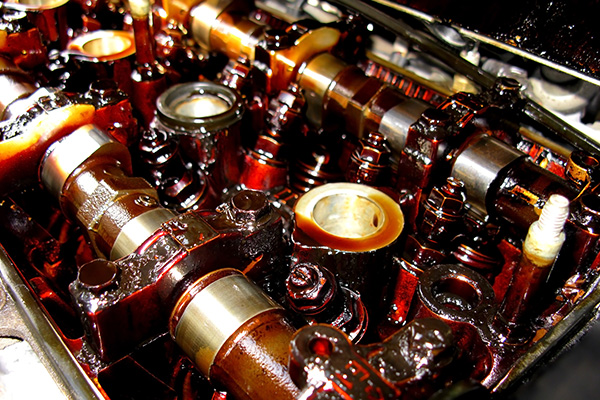
Oil ages even when the car hardly moves. Additives lose strength, moisture, and fuel traces linger after short runs, and tiny acids form. None of this wrecks an engine overnight, but months of sitting can turn good oil into tired oil that protects less on cold start. That is why owners’ manuals list time-based intervals along with mileage. What Happens To Oil While the Car Sits Fresh oil is a blend of base stock and additives that fight wear, rust, and sludge. As the car sits, moisture from normal combustion condenses in the crankcase. If the engine never warms fully, that moisture does not boil off. Small amounts of fuel from rich cold starts can stay mixed in, thinning the oil film. Meanwhile, oxygen slowly reacts with the oil, a process called oxidation. Oxidized oil gets darker and thicker, and its additives cannot neutralize acids as well. Why Short Trips Are Hard On Parked Cars If you only start the car to move it around the driveway o ... read more
Posted on 10/31/2025
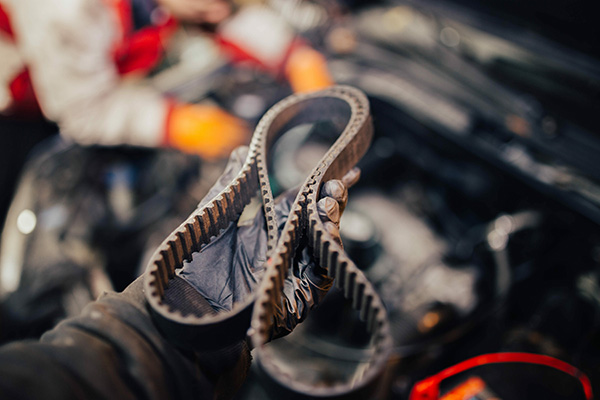
Cold weather has a way of exposing a car’s weak spots. Belts stiffen, hoses crack, and little issues that went unnoticed all summer can suddenly leave you stranded when the temperature drops. As winter approaches, checking your car’s belts and hoses is one of the smartest things you can do to avoid unexpected breakdowns. These rubber components might not get much attention, but they keep major systems like your cooling, charging, and steering running the way they should. A quick inspection now can save you from expensive repairs or a tow truck later. Why Belts and Hoses Matter Belts and hoses might not seem exciting, but they’re essential to your car’s daily operation. The serpentine belt drives the alternator, water pump, and power steering. Radiator hoses carry coolant between the engine and radiator to control temperature. When a belt snaps or a hose leaks, it can lead to overheating, loss of power steering, or even a dead battery. Becaus ... read more
Posted on 9/26/2025
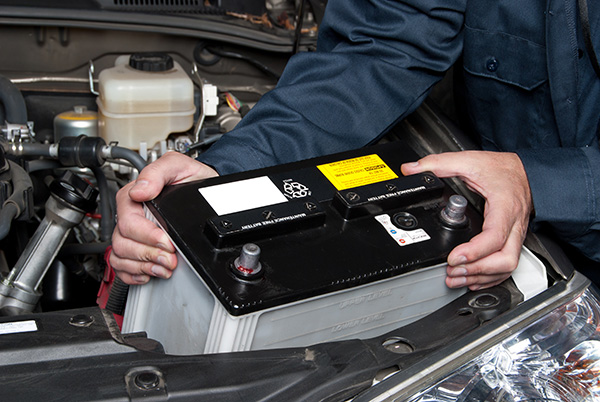
Your car battery may not get as much attention as your engine or brakes, but it plays a critical role every time you turn the key or press the ignition button. Without it, your vehicle simply won’t start. And while most batteries give some warning before they fail, many drivers miss the signs only to end up stuck with a car that won’t turn over at the worst possible moment. If you want to avoid being stranded, here’s how to know when your car battery needs replacement and how to stay ahead of trouble. How Long Do Car Batteries Last Most car batteries last between three and five years. Factors like climate, driving habits, and the quality of the battery itself all affect lifespan. If you live in an area with extreme temperatures, your battery might wear out faster. Short trips and long periods of inactivity can also shorten battery life, as they don’t give the alternator enough time to fully recharge the battery. Even if your battery seems fi ... read more